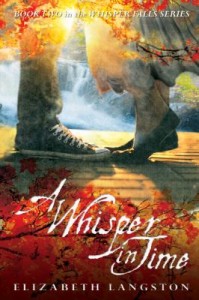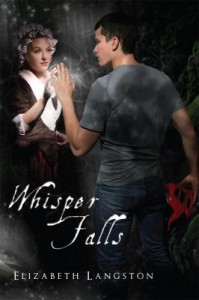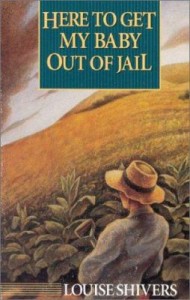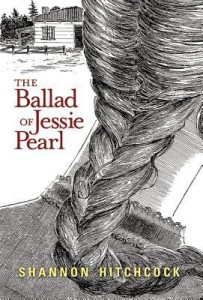 Mark Lewis is in his last year of high school in modern-day Raleigh, North Carolina, and graduation is fast approaching. Mark had originally planned to send in applications to three schools, with Newman College in Virginia being his first choice; the main reason being that the campus is perfect for his passion of mountain bike riding. However, Mark has now added a fourth school to the list. Mark is applying to Duke University because of its close proximity to home and to his girlfriend Susanna Marsh. In the past year, Susanna has become Mark’s passion. After saving Susanna from the horrific circumstances of her indentured servitude in 1796, and bringing her back to his century, Mark has assumed responsibility for Susanna. He cannot see himself moving over three hours away from her for four years. But, the choice may be taken out of Mark’s hands when Susanna makes some decisions of her own.
Mark Lewis is in his last year of high school in modern-day Raleigh, North Carolina, and graduation is fast approaching. Mark had originally planned to send in applications to three schools, with Newman College in Virginia being his first choice; the main reason being that the campus is perfect for his passion of mountain bike riding. However, Mark has now added a fourth school to the list. Mark is applying to Duke University because of its close proximity to home and to his girlfriend Susanna Marsh. In the past year, Susanna has become Mark’s passion. After saving Susanna from the horrific circumstances of her indentured servitude in 1796, and bringing her back to his century, Mark has assumed responsibility for Susanna. He cannot see himself moving over three hours away from her for four years. But, the choice may be taken out of Mark’s hands when Susanna makes some decisions of her own.
While Mark has his worries, Susanna believes that she is becoming accustomed to her new life. She now lives with Melissa, Mark’s sister, and pays her own way with chores and a fourth of the rent money. Also, Susanna has found a job bussing tables in a restaurant and is making friends. But, Mark is quick to show his disapproval of Susanna’s new job and of her new male friend. These controversies leave Susanna not as sure in her relationship with Mark as she usually is, and she soon finds herself seeking out the familiar in the only way she knows how. Susanna takes a trip to the archives. Soon Susanna has more to worry about than Mark. There is a storm that will come through Susanna’s hometown of Worthville and result in many deaths. Susanna combs the archives for mention of Dorcas, one of the children she used to take care of and her closest friend, any time after the storm. When information is not there, Susanna decides to take things into her own hands and comes up with a plan that will ensure that Dorcas survives the storm. The only problem is that this plan will cost Susanna her freedom and maybe even her life.
Mark and Susanna are coming up on a year since they met and developed a bond that crossed centuries. Much has happened in the past year and there is much to come in the next few months. The question is, will Mark and Susanna’s bond be able to cross centuries once again?
Whispers from the Past is the third novel in the Whisper Fall series. Susanna and Mark first met in Whisper Falls, and their story of a magical waterfall and transcendent love continued in Whisper in Time and is finalized in this novel.
Check out this title’s availability in the UNC-Chapel Hill Library catalog.










